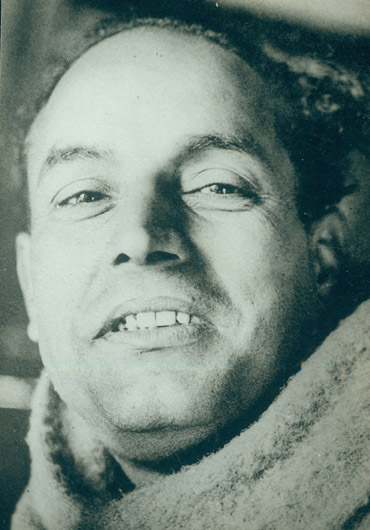
Laxmi Prasad Devkota, often hailed as the “Shakespeare of Nepal,” crafted verses that resonate with profound themes of human existence and societal dynamics. His poems, such as “Muna Madan” and “Shrawan Mukarung,” vividly capture the essence of Nepali culture and ethos. Devkota’s poetic prowess is characterized by his adept use of language, imagery, and symbolism, which continue to inspire generations of readers and writers alike. In this article, we dwell on some of the popular poems by Laxmi Prasad Devkota.
सूची
Ban
Known for his profound literary contributions, Devkota uses “Ban” (translation: forest) to express philosophical musings on life and human aspirations. The poem is structured as a dialogue where the poet converses with various allegorical entities, such as wealth, power, and spirituality. Each offers material or worldly gains, but Devkota declines them, advocating instead for freedom, service to humanity, and the pursuit of personal integrity.
Through these dialogues, Devkota underscores the transient nature of material possessions and the enduring value of spiritual and moral wealth. His poetic voice champions ideals like altruism and the quest for deeper meaning beyond the superficial allure of wealth and power. The poem is celebrated for its lyrical beauty and its powerful message, reflecting Devkota’s own philosophical beliefs and his mastery of the Nepali language. This work remains a significant piece in Nepalese literature, illustrating the poet’s unwavering commitment to higher ideals and humanistic values. You can read the full article here.
Ghasi
“Ghasi” (translation: grass cutter) reflects the poet’s empathy and reverence for the hardworking common people, particularly a grass-cutter. Devkota’s portrayal of the “Ghasi” highlights his simplicity, dedication, and the quiet dignity in his labor. The poem captures the essence of life’s struggles and the intrinsic value of honest work, contrasting the humble existence of the grass-cutter with broader human aspirations.
For more details, you can visit the full article here.
Kisanko Rahar
“Kisanko Rahar,” depicts the dreams and aspirations of a farmer. The poem vividly describes the farmer’s daily life, filled with hard work and dedication, from tilling the land to planting rice in muddy fields. Through the portrayal of the farmer’s labor and the simple joys found in nature, Devkota emphasizes the nobility and dignity in agricultural work.
Devkota’s poem also reflects the broader human desire for fulfillment and happiness through honest labor. The farmer’s wish to sustain his family and live a content life resonates with universal themes of perseverance and the pursuit of dreams. The poet’s lyrical language and evocative imagery celebrate the farmer’s resilience and his deep connection to the land. For a deeper exploration, you can read the poem here.
Tinko Ghasiya Geet
“Tinko Ghasiya Geet,” a poem by Laxmi Prasad Devkota celebrates the beauty and simplicity of nature. The poem describes the scene of a young woman cutting grass in a lush, vibrant landscape, filled with vivid imagery of green grass, chirping birds, and clear skies. Devkota uses lyrical language to convey the harmony and tranquility of rural life, highlighting the natural world’s splendor and the grace of the woman’s work.
Devkota’s poem reflects his deep appreciation for the rural lifestyle and its connection to nature. The rhythmic and melodic qualities of the poem, along with its rich descriptions, create a serene and picturesque portrayal of the grass-cutter’s environment. This work exemplifies Devkota’s ability to find poetry in everyday scenes, celebrating the pastoral beauty and the dignified labor of common people. You can read the poem here.
Paisa
“Paisa,” (translation: wealth), critically examines the influence of money on human life and society. Devkota highlights money’s power to bring both prosperity and corruption, portraying it as a double-edged sword. He describes how wealth can lead to happiness and status, yet also foster greed and moral decay.
Through vivid imagery and poignant verses, the poet warns against the blind pursuit of wealth. He emphasizes the importance of balancing material success with ethical values and compassion. Devkota’s work urges readers to recognize the true worth of money, while remaining mindful of its potential to overshadow humanity’s higher ideals. For more details, you can read the full poem here.
Yatri
“Yatri,” (translation: traveller), by Laxmi Prasad Devkota contemplates the spiritual journey of a pilgrim. Devkota’s verses challenge the traditional concept of seeking divinity in temples, urging the pilgrim to find God within oneself and in acts of kindness and humanity. The poem emphasizes that true spirituality is manifested through compassion, selflessness, and the service of others, rather than through ritualistic worship.
Through powerful imagery and philosophical depth, Devkota conveys that the divine resides in the human heart and everyday actions. He calls for introspection and the recognition of divine presence in life’s simple, compassionate acts. This perspective aligns with Devkota’s broader literary themes of humanism and spirituality. You can read the full poem here.
Prasnottar
The poem “Prasnottar,” (tranlation: question-answer) delves into philosophical questions about life, happiness, and the divine. Devkota uses a question-and-answer format to address profound queries about the true meaning of happiness, the presence of God, and the pursuit of knowledge. He suggests that genuine happiness comes from selflessness, that God can be found in pure hearts, and that true wisdom can be gained from nature and introspection.
The poem reflects Devkota’s humanistic and spiritual philosophy, emphasizing the importance of inner purity, compassion, and the quest for truth. Through eloquent verses, Devkota encourages readers to seek deeper understanding and fulfillment beyond materialistic pursuits. For more details, you can read the full poem here.
Chukul
Devkota’s poem “Chukul,” metaphorically addresses societal corruption and injustice. The poem uses the imagery of a “chukul” (lock) to symbolize the barriers created by deceit and power. Devkota criticizes leaders who exploit their authority and calls for the oppressed to break free from these metaphorical chains. He emphasizes the need for unity and action among the common people to dismantle the structures of corruption. The full poem can be read here.
Jharana
“Jharana,” (translation: waterfall) explores themes of potential and wasted energy. Devkota describes the beauty and power of a waterfall, suggesting that if humans could harness such purity and strength within themselves, the world would be a much better place. The poem reflects on the contrast between the purity of natural elements and the often misguided pursuits of human life. The full poem can be read here.
Gadha Bolcha
In “Gadha Bolcha,” a satirical poem by Laxmi Prasad Devkota, a donkey speaks to its human master. Through humorous and ironic verses, the donkey criticizes human foolishness, arrogance, and the misuse of intellect. It highlights the paradoxes and contradictions in human behaviour, contrasting them with the donkey’s simpler, more natural life. The full poem can be read here.
Sinha ra Musa
“Siha ra Musa,” a fable poem by Laxmi Prasad Devkota, tells the story of a lion and a mouse. The poem highlights themes of humility and gratitude, showing how a small mouse helps a powerful lion trapped in a net. Despite the lion’s initial scorn for the mouse’s size, it is the mouse’s perseverance and cleverness that save him, emphasizing that even the smallest creatures can make a significant impact. The full poem can be read here.




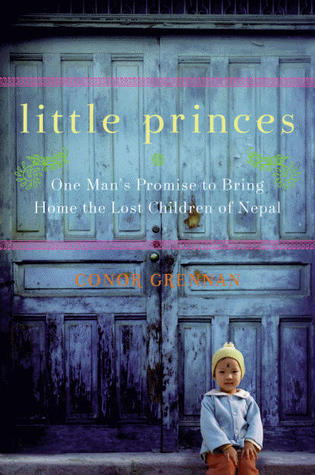
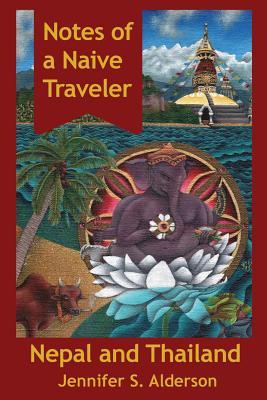
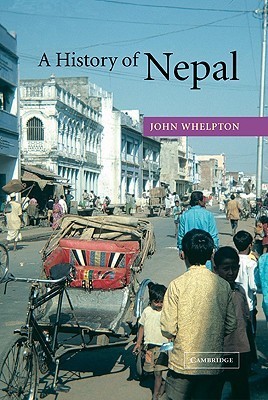

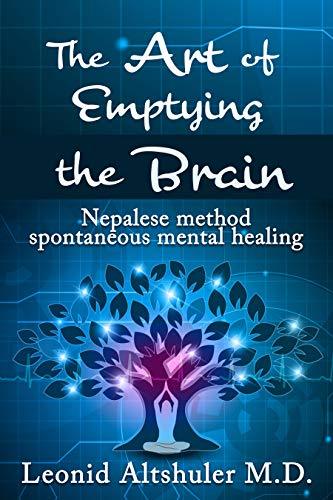
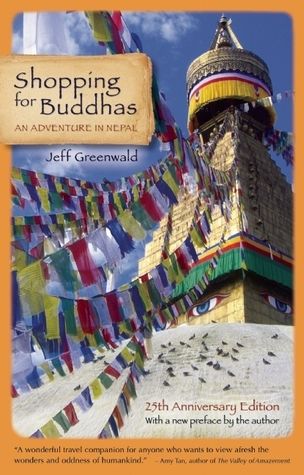
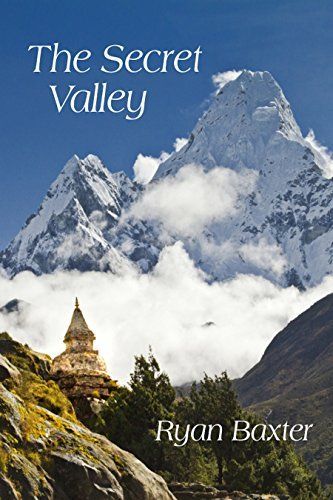
तपाईको बिचार
पहिलो कमेन्ट गर्नुहोस्!